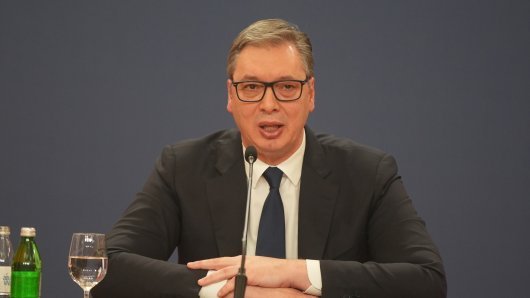Once Croatia enters the European Union (EU), it could become more attractive to foreign investors than Slovenia where investments have stagnated over the past few years and totalled EUR 12 billion, which is a fear being recently reported in Slovenia's newspapers.
The theory that Slovenia could lose its attractive role as an investment "bridge" to the countries that emerged in the area of the former Yugoslavia, because it will no longer be the only EU member from the region, and that this role could pass on to Croatia was once again the topic of a commentary in the Finance business magazine.
The Maribor Vecer daily revived the subject on Monday in an article about an investment by the Swedish IKEA chain near Zagreb valued at EUR 100 million and another investment with which Ryanair will set up its 54th European base at the Zadar airport, an investment worth EUR 70 million.
The head of the Slovenian Chamber of Commerce, Samo Hribar Milic, told the daily that "Slovenia is not interesting to foreign investors" and that it was becoming uncompetitive. The daily says that investments were realised faster and more ambitiously in Croatia through incentives and a good level of cooperation between the government and local authorities which is what is sometimes missing in Slovenia.
In the years preceding the crisis, foreigners mostly invested in the finance sector and service industries such as retail, while greenfield investments in production were much fewer.
The incumbent government in Slovenia believes that foreign investments and European funds will be the only accessible investment capital available in the coming years. The government hence intends to reduce corporate taxes and has announced the sale of some state assets such as Telekom Slovenia, Petrol and some banks, in an effort to attract foreign investments.
Another obstacle to investments is the inflexible labour market and high salaries in the country compared to other countries in the region. Janez Jansa's government has said that it intends to deal with this problem by liberalising the labour market.



































